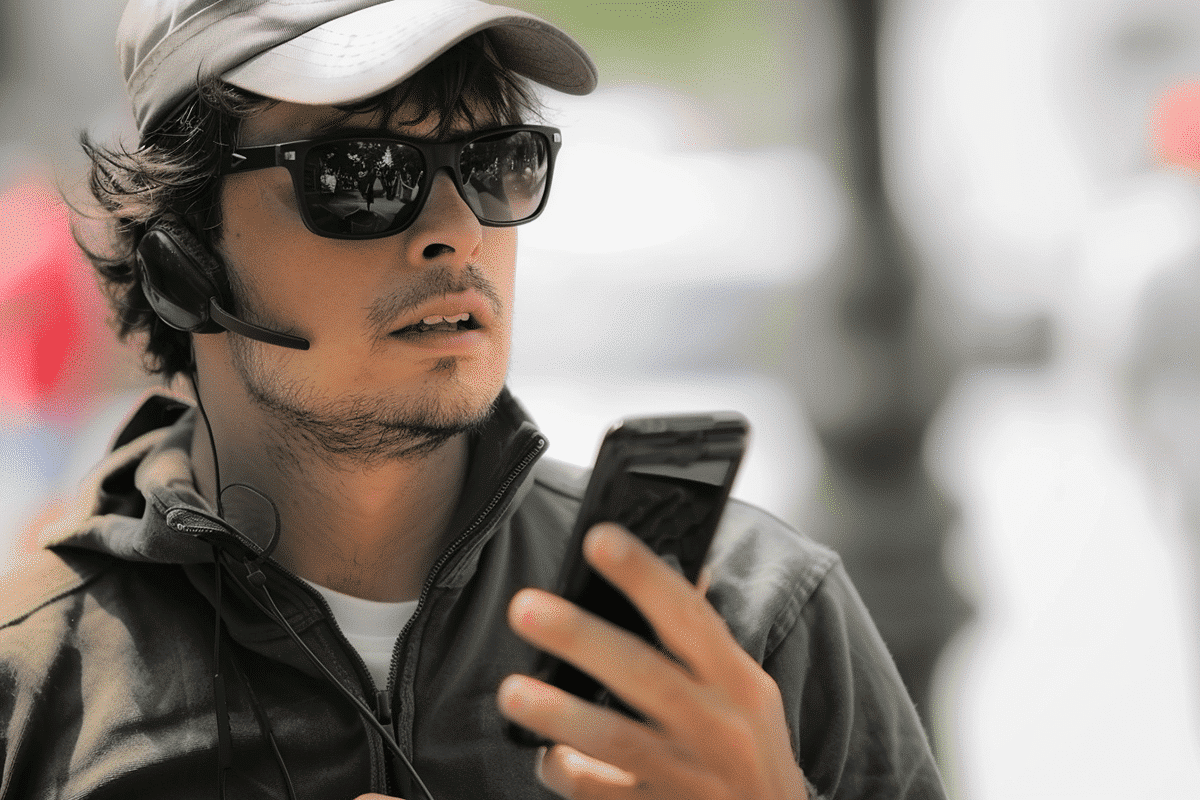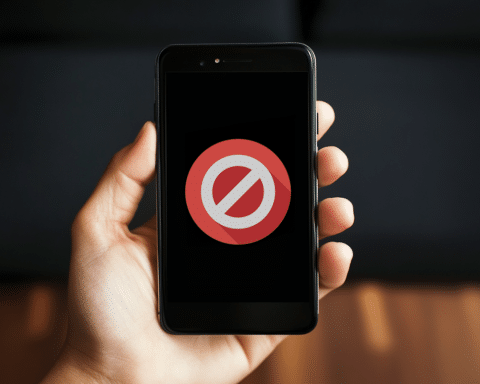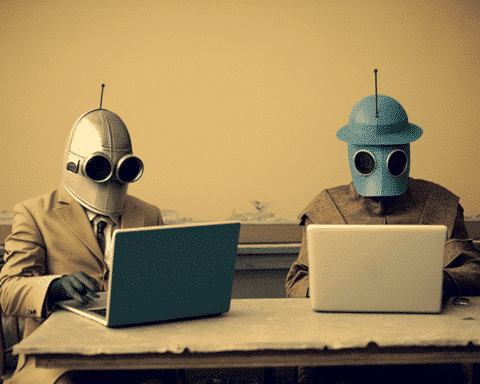In the evolving landscape of technology, artificial intelligence (AI) is playing a pivotal role in enhancing the lives of the disabled community through innovative assistive technologies. As companies like OpenAI and Google lead the charge, individuals with disabilities are finding new avenues for independence and engagement in everyday activities.
One of the more remarkable transformations has been seen in the experiences of individuals like Matthew Sherwood, a blind investor who has navigated the challenges of blindness for over fifteen years. Traditionally, tasks such as shopping required the assistance of sighted individuals to help identify colors or check product expiry dates. However, AI is set to change this dynamic dramatically.
Applications like “Be My Eyes” have historically connected visually impaired users with sighted volunteers through live video, facilitating real-time assistance. Yet, recent advancements in AI are eliminating the need for human helpers. Last year, Be My Eyes partnered with OpenAI to allow an AI model to assist users directly. This integration enables the app to perform functions like identifying when to hail a taxi, a feature also mirrored in Google’s “Lookout” app, which aids visually impaired users in their daily interactions.
These enhancements are part of a broader trend of integrating AI into assistive technologies. Major tech companies, including Apple and Google, have been at the forefront of developing AI-powered tools that cater to a wide range of disabilities. Innovations include eye-tracking technologies that allow physically disabled individuals to control their devices with their eyes and voice-guided navigation for blind users via Google Maps.
The integration of AI into assistive technology isn’t just about convenience; it’s reshaping employment and social inclusion for the disabled. Previously, visually impaired professionals might have needed administrative assistance for tasks like reading documents. Now, AI tools offer them the capability to perform these tasks independently, opening up new job opportunities and allowing them to compete more effectively in the business world.
Beyond individual benefits, these AI applications are crucial for making technology universally accessible. Companies have long used AI to create automated closed captioning and screen readers, but recent advancements are pushing what’s possible even further. For instance, Google has recently enhanced its tools for blind or low-vision users with a “question and answer” feature that leverages generative AI, enabling more interactive and meaningful engagement with digital content.
However, the development of inclusive AI systems is not without challenges. AI models are often trained on data created by humans, which can carry inherent biases. These biases can manifest in technologies, such as AI image generators misunderstanding concepts of race or algorithms displaying job advertisements based on gender stereotypes.
To combat these issues, a consortium of tech giants, including Apple, Google, and Microsoft, have collaborated with researchers at the University of Illinois Urbana-Champaign on the Speech Accessibility Project. This initiative focuses on improving AI speech recognition for people with diverse speech patterns by incorporating over 200,000 recordings from individuals with conditions like Parkinson’s and ALS. The project has already shown promising results, reducing speech recognition errors significantly.
Investing in AI for accessibility is recognized not only as a moral imperative but also as a sound business decision. By creating more inclusive products, companies can expand their market reach and comply with legal standards required by government and educational entities.
As AI continues to evolve, its potential to level the playing field for the disabled through technology not only enhances independence but also ensures that no one is left behind in our increasingly digital world.




